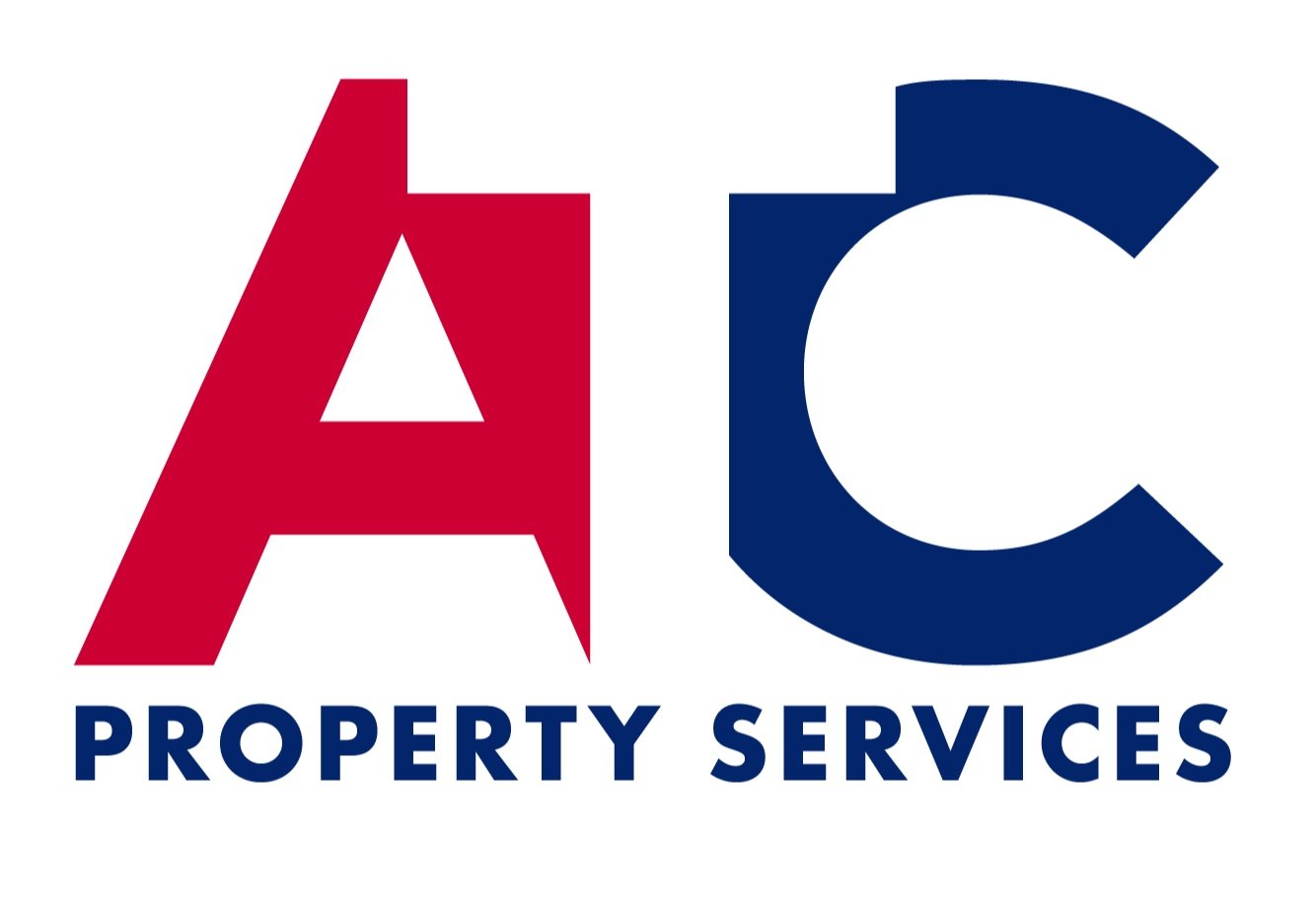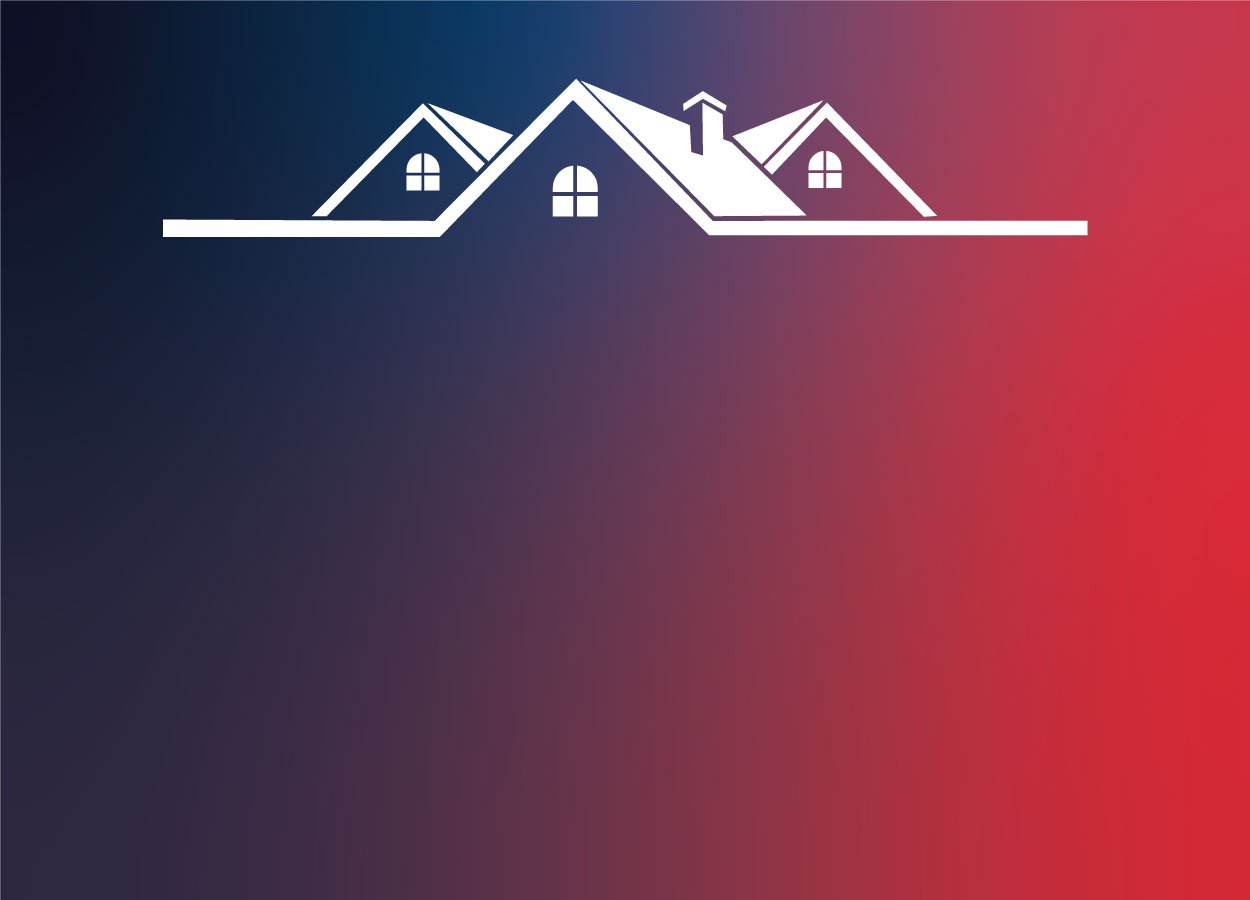Nature’s Threats to Your Roof
Never underestimate mother nature’s potential to damage commercial and residential property.
Here are the top climate and natural threats to your property and why it usually starts with the roof.
1. Heavy Rainfall and Water Damage
Excessive rainfall can overwhelm gutters and downspouts, causing them to clog or overflow. This can lead to water pooling on the roof, seeping under the roofing materials, and causing leaks or water damage to the roof structure.
2. Wind and Storm Damage
High winds during storms can lift and remove shingles or other roofing materials. Flying debris, such as tree branches or debris carried by strong winds, can impact the roof and cause damage. Additionally, severe storms with hail can cause dents, cracks, or punctures in the roofing materials.
3. Snow and Ice Damage
Accumulated snow on the roof can be heavy and put stress on the structure. Over time, the weight can cause the roof to sag or even collapse. In regions with freezing temperatures, ice dams can form along the roof edges, leading to water backup and potential leaks.
4. Tree and Branch Damage
Overhanging tree branches can scrape against the roof surface, causing damage to the roofing materials. Falling branches during storms or high winds can also impact the roof and gutters, leading to dents, punctures, or blockages.
5. UV Exposure and Heat
Prolonged exposure to sunlight and high temperatures can degrade roofing materials over time. This can result in cracking, warping, or loss of protective granules on asphalt shingles, making the roof more vulnerable to leaks and damage.
6. Wildlife and Pest Damage
Animals like birds, squirrels, or rodents may create nests or burrow into the roof or gutters, causing damage. Birds or small animals can also dislodge roofing materials or chew through gutter systems, leading to leaks and compromised functionality.
7. Lack of Maintenance
Failure to regularly inspect and maintain the roof and gutters can contribute to deterioration and risk of damage. Issues such as clogged gutters, loose or damaged shingles, or inadequate flashing may go unnoticed and worsen over time, leading to more significant problems.
To minimize the risk of roof and gutter damage, it is important to conduct regular inspections, keep gutters clean and free from debris, trim overhanging tree branches, and address any issues promptly.
Additionally, professional roof maintenance and periodic inspections can help identify and address potential problems before they escalate.



